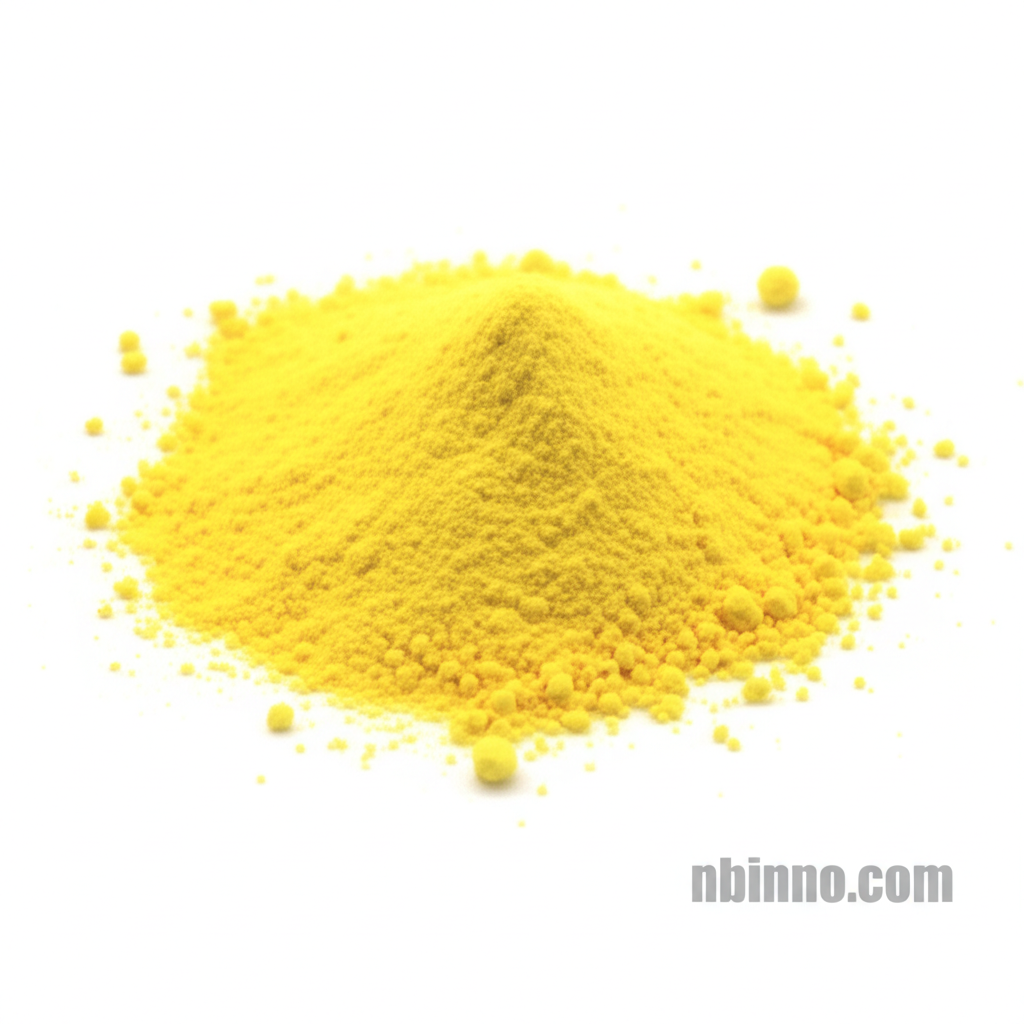Leonurine Hydrochloride: A Potent Natural Compound for Research and Development
Discover the multifaceted benefits and applications of Leonurine Hydrochloride, a key alkaloid with extensive research backing in areas like cancer, cardiovascular health, and more. Learn about its properties and potential uses from a trusted supplier in China.
Get a Quote & SampleProduct Core Value

Leonurine Hydrochloride
As a leading manufacturer in China, we offer high-purity Leonurine Hydrochloride, a natural alkaloid with significant bioactivities. This compound is crucial for various research applications, supporting advancements in health sciences. Its unique properties make it a valuable ingredient for developing new therapeutic agents and understanding complex biological pathways.
- Explore the diverse Leonurine Hydrochloride applications in cancer research and cardiovascular health studies.
- Learn about the mechanism of action of Leonurine Hydrochloride and its anti-inflammatory effects.
- Investigate the use of Leonurine Hydrochloride for reproductive health applications and its potential in supporting uterine contractions.
- Discover opportunities to buy Leonurine Hydrochloride from a reliable supplier in China for your research needs.
Advantages You Gain
High Purity and Quality
Our Leonurine Hydrochloride is processed for exceptional purity, ensuring reliable results in your research. We are a dedicated supplier committed to quality assurance, making us a trusted source for critical chemical intermediates.
Extensive Research Applications
From studying cellular mechanisms to exploring therapeutic potentials, Leonurine Hydrochloride serves as a vital tool. Its well-documented bioactivities make it a key component in diverse scientific investigations, including understanding the behavior of osteoclastogenesis.
Natural Origin and Bioactivity
Derived from natural sources, Leonurine Hydrochloride offers a unique profile of antioxidant and anti-inflammatory benefits. This makes it an excellent choice for research focusing on natural product pharmacology and health-promoting compounds.
Key Applications
Cancer Research
Leonurine Hydrochloride demonstrates significant potential in inhibiting cancer cell proliferation and inducing apoptosis, making it a compound of interest in oncology research. Researchers can utilize this for in-depth studies on cancer biology.
Cardiovascular Health
Studies indicate cardioprotective activities associated with Leonurine Hydrochloride, suggesting its relevance for research in cardiovascular disease prevention and treatment strategies.
Reproductive Health
The compound's ability to reinforce uterine contractions and influence hormonal levels makes it a subject of interest in gynecological research and applications related to reproductive health.
Anti-inflammatory Studies
As an anti-inflammatory agent, Leonurine Hydrochloride is valuable for research into inflammatory diseases and the development of novel anti-inflammatory therapeutics, contributing to the understanding of inflammatory pathways.
